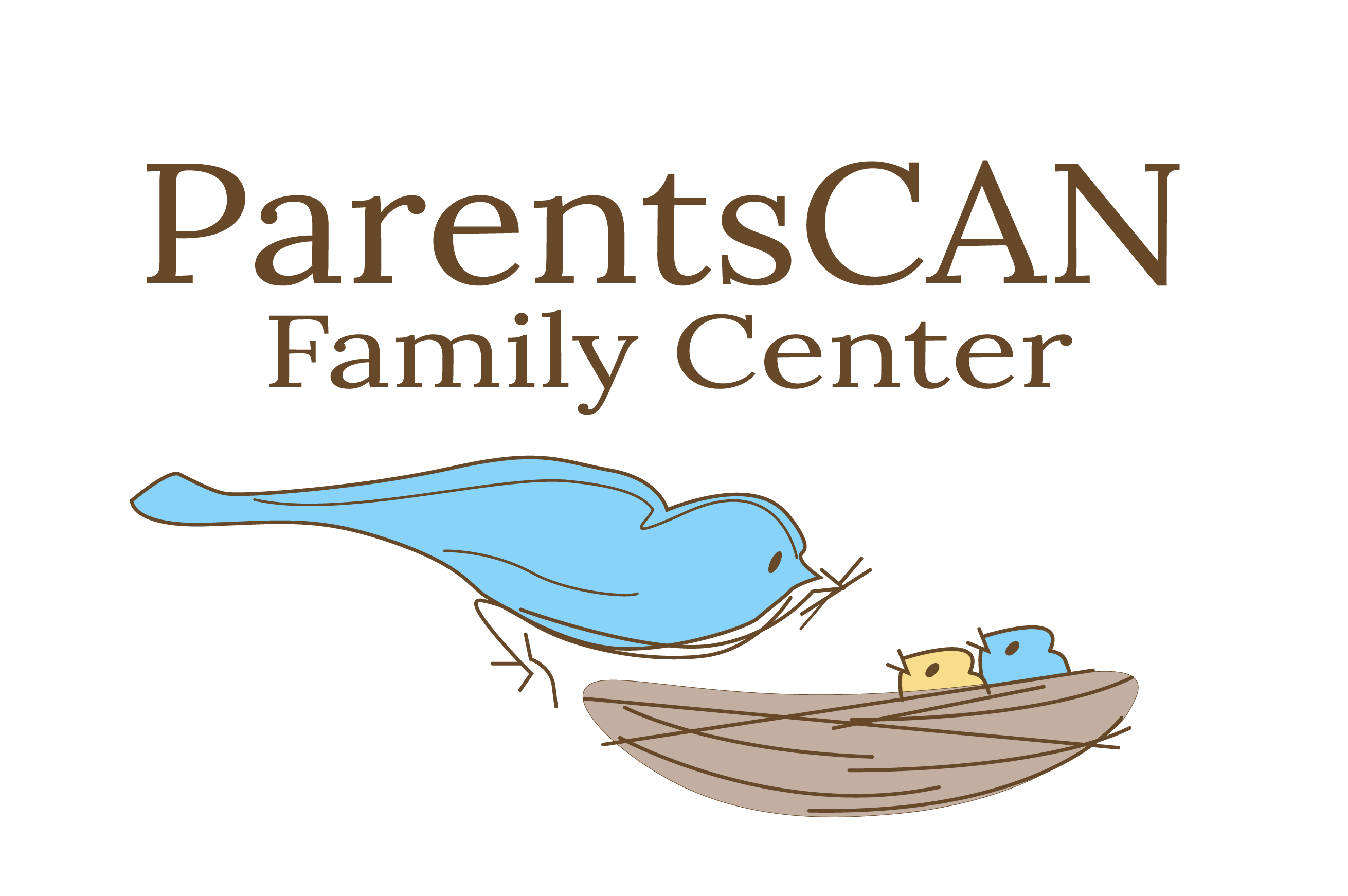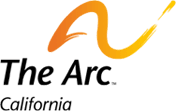advocate
[ verb ad-vuh-keyt; noun ad-vuh-kit, -keyt ]
verb: ad·vo·cat·ed, ad·vo·cat·ing.
to speak or write in favor of; support or urge by argument; recommend publicly
-
This is the home page for keeping up-to-date with the work of DRC’s Intellectual and Developmental Disabilities (I/DD) Practice Group to advance equity, inclusion, and self-determination of Californians with I/DD. Here, you can find policy reports, legal updates, plain language resources, and community perspectives.
-
Advocates for people with disabilities since 1950. This page has tips for advocacy, plus links to lots of other resources and information about their current advocacy efforts.
DBT Skills in Schools (STEPS-A) Spanish Edition Is Finally Here!
From: DBT in Schools
Seattle-based DBT in Schools is excited to expand and reach even more students in their mission to end the youth mental health crisis and teach mental wellness to all students.
Spanish is the most common foreign language spoken in the United States and 3rd in the world. Being able to get the curriculum translated is a major milestone that they are proud to have reached.
To reserve a copy of these materials in Spanish, click here.
Attorneys for Special Needs Planning
From: Special Needs Alliance
The Special Needs Alliance (SNA) is a national organization comprised of attorneys committed to the practice of disability and public benefits law. Individuals with disabilities, their families and their advisors rely on the SNA to connect them with nearby attorneys who focus their practices in the disability law arena.
They have a lot of valuable information on their website, including where to find an attorney that can help you and your family as well as articles about topics such as special needs estate planning, preserving SSI benefits during a divorce, and how planning an estate can help all the siblings in a family.
For more information, visit their website.



